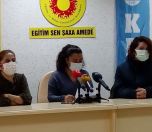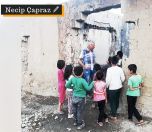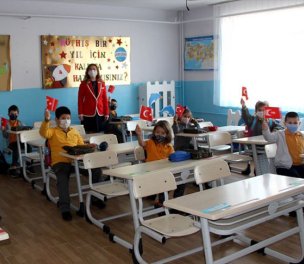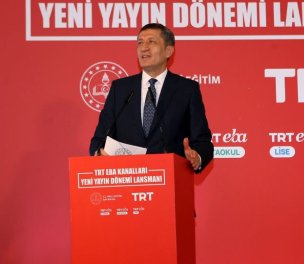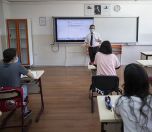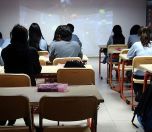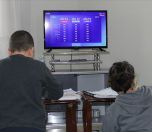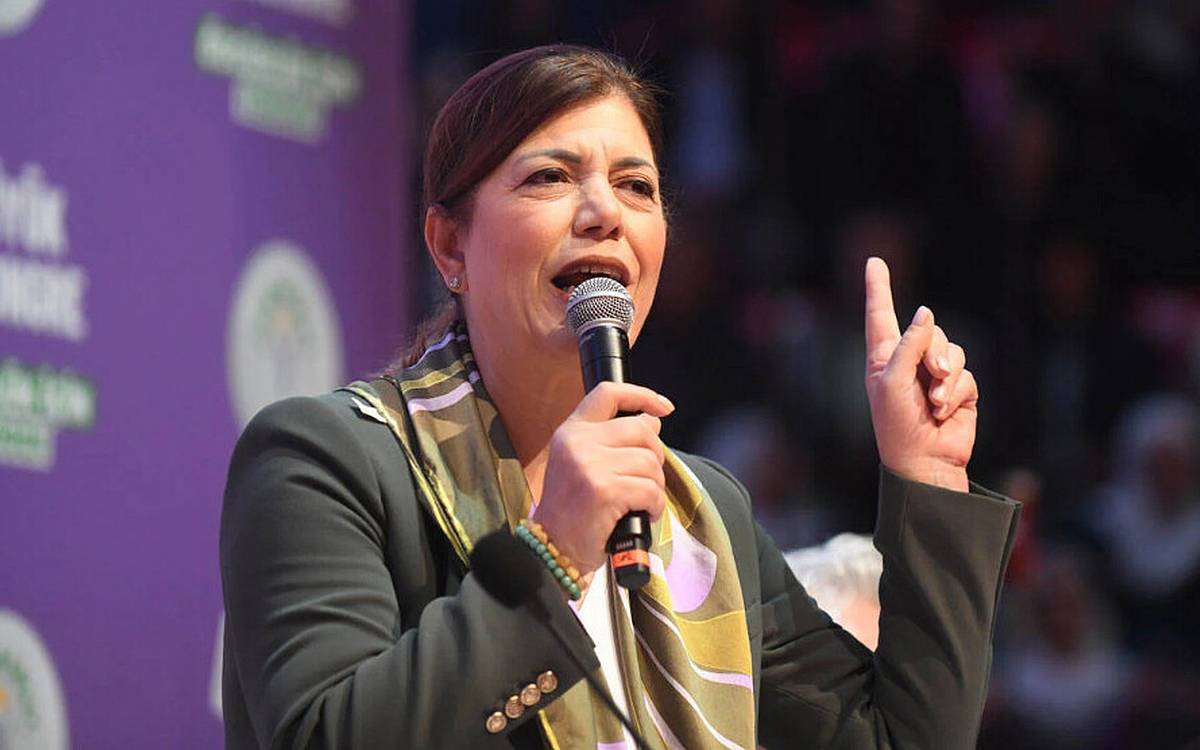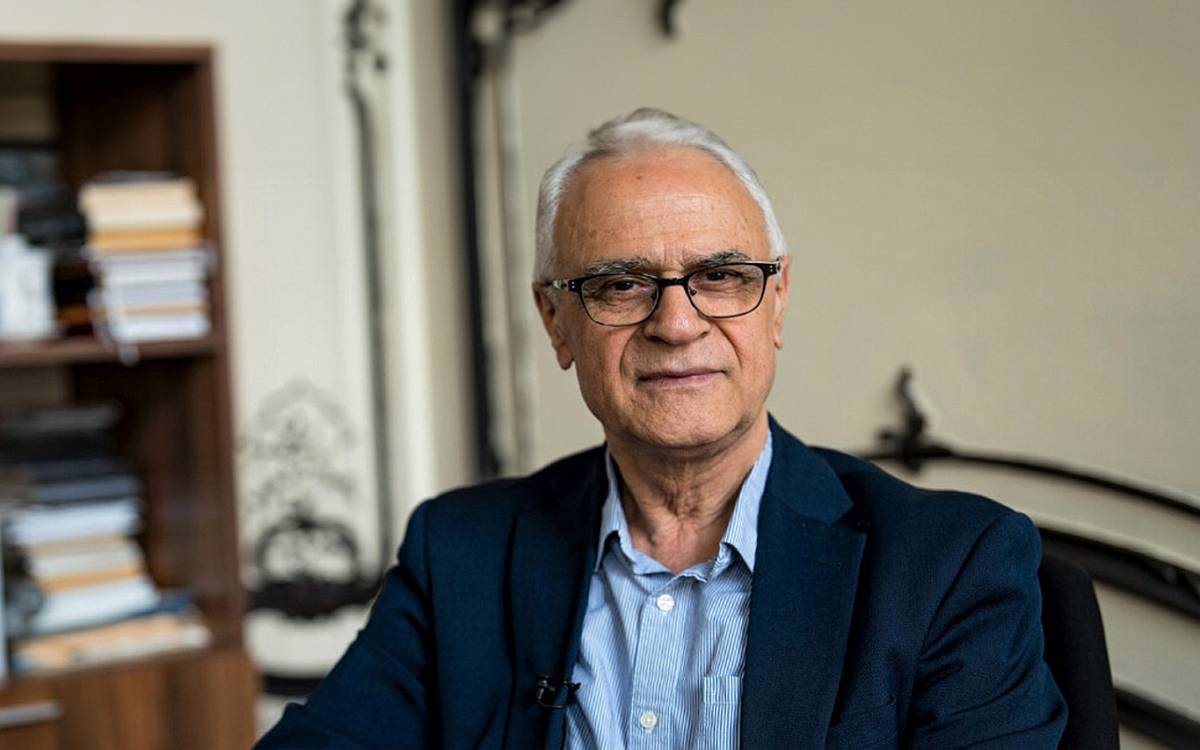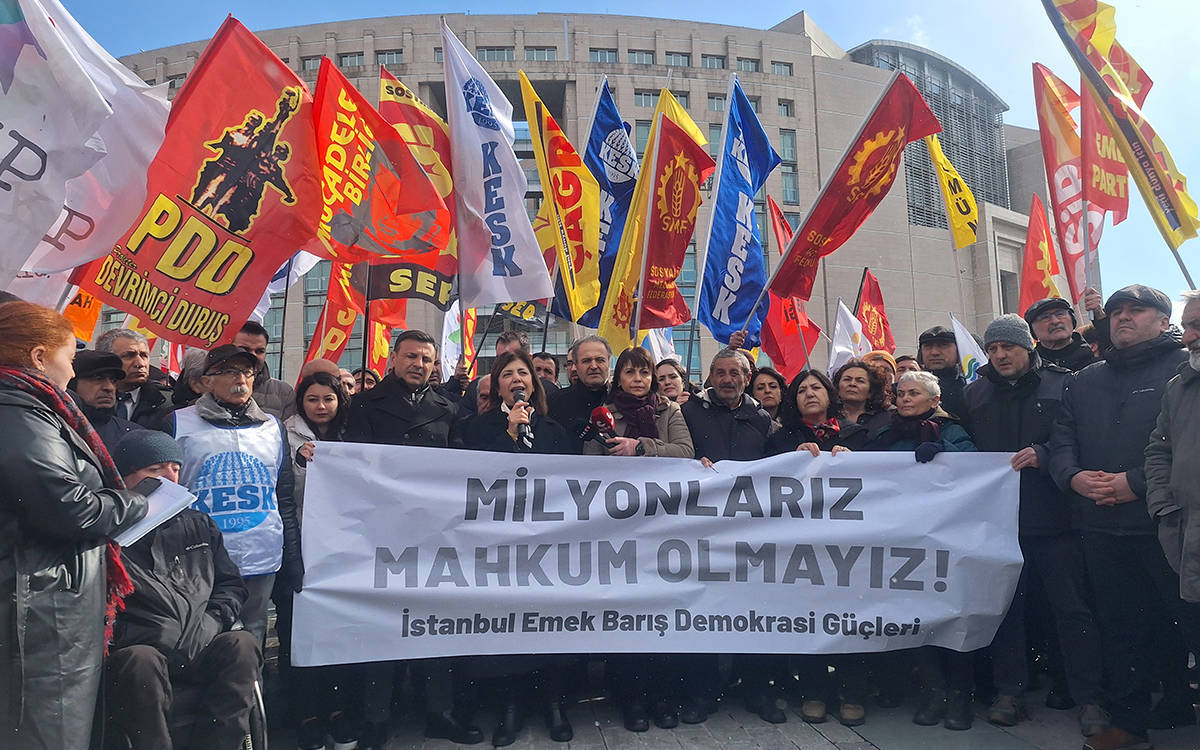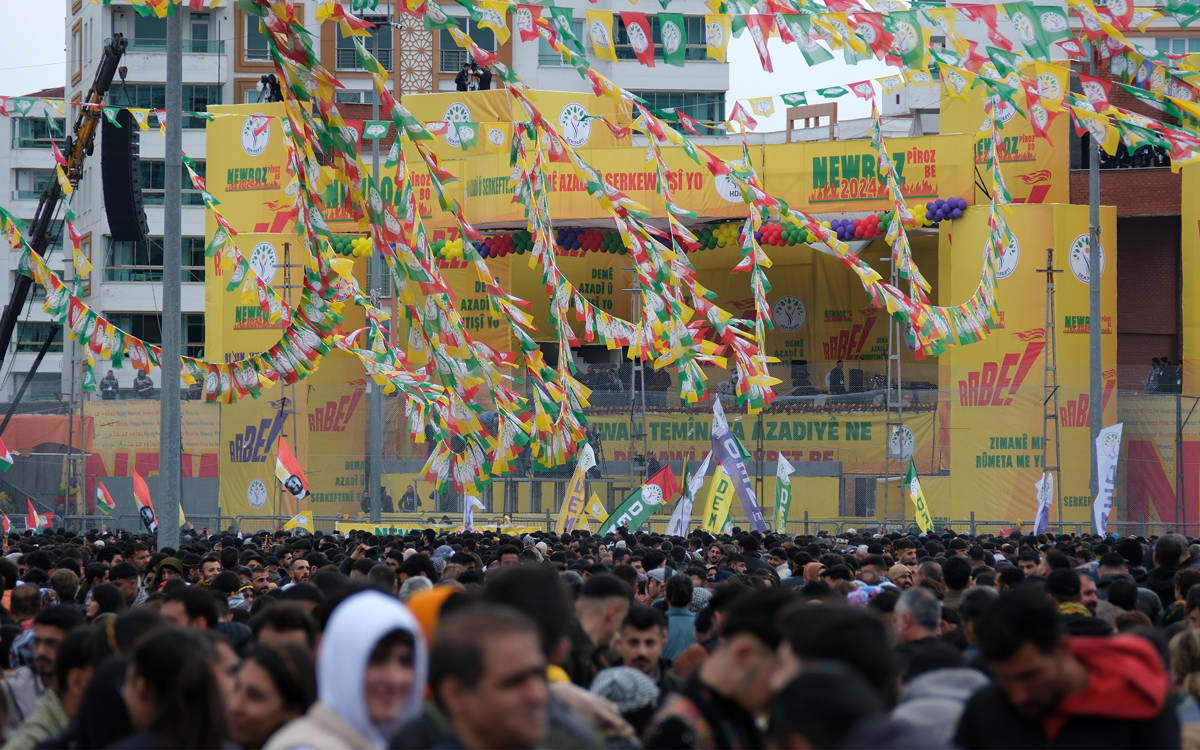Click to read the article in Turkish
The Education and Science Laborers' Union (Eğitim-Sen) Mardin Branch conducted a survey about the distance education and reopening of schools amid the novel coronavirus (COVID-19) outbreak.
The results of the survey carried out in Turkey's southeastern province of Mardin and its districts, 58.1 percent of parents are unwilling to send their children to school while the pandemic is still ongoing.
While 85.4 percent of the parents find the pandemic measures taken at schools by the Ministry of National Education insufficient, the survey results also show that only 5 percent of the students living in Mardin can access the distance education on TV or on the Internet.
'Increasing violence, child labor and marriage'
Duygu Özbay, the Secretary for Education of the Eğitim-Sen's Mardin Branch, has commented on the survey results for bianet.
She has stressed that while there has never been an equality of opportunities in education in Turkey, the pandemic has aggravated it even further. According to Özbay, the gaps between the urban and rural parts of the country have deepened during the pandemic:
"Equality of opportunity in education is designed by considering the benefit of disadvantaged groups. However, we have not seen it in this process; that is, the children living in villages, poor and refugee children have been aggrieved more and drifted apart from education. Violence against children, child labor and child marriages have increased in this process."
'There are days-long power cuts'
Özbay has also raised concerns that children in Mardin, especially the ones living in the rural areas, do not have access to distance education materials such as a computer or the Internet. "The vast majority of students do not have a computer or Internet. Most of them can follow their distance classes on EBA TV if they have a television," she has said and added:
"However, as Mardin is a city where power cuts are very frequently, students have difficulty in accessing education in one way or another. There was no electricity in Derik and Kızıltepe districts from April to August.
"We made calls to everywhere, from the Ministry of National Education to the the Dicle Electricity Distribution Inc.'s (DEDAŞ), but the problem was not solved. Let alone being solved, the problems are getting worse."
'Parents and students are hurt'
Concluding her remarks, Özbay has also expressed her criticisms about the distance education "support points" established by the Ministry:
"The school where I work is in a disadvantaged area, parents say, 'We already do not have Internet or computers, why do they open these support points in places where the better-off people live?'
"They have set up these support points not in disadvantaged areas, but in places where people already have computers and the Internet. This hurts and offends both students and their parents.
Students whose mother language is not Turkish
"Moreover, another important problem is the children whose mother language is not Turkish. There are Arabic, Kurdish and Syriac children living in Mardin. These children are having great problems in education, especially those who are in the primary school.
"In face-to-face education, one can have the chance to attend to children in person and give them the opportunity to express themselves. But as the children whose mother language is not Turkish have much more difficulty in understanding, they are drifting away from education."
Other results of the survey are as follows:
Can children participate in online education?
- Partly: 59.7 percent of parents
- No: 36 percent
- Yes: 4 percent
With which technological devices can they access distance education?
- Television: 24 percent of parents
- Telephone/computer: 47 percent
- None: 10.7 percent
(RT/SD)





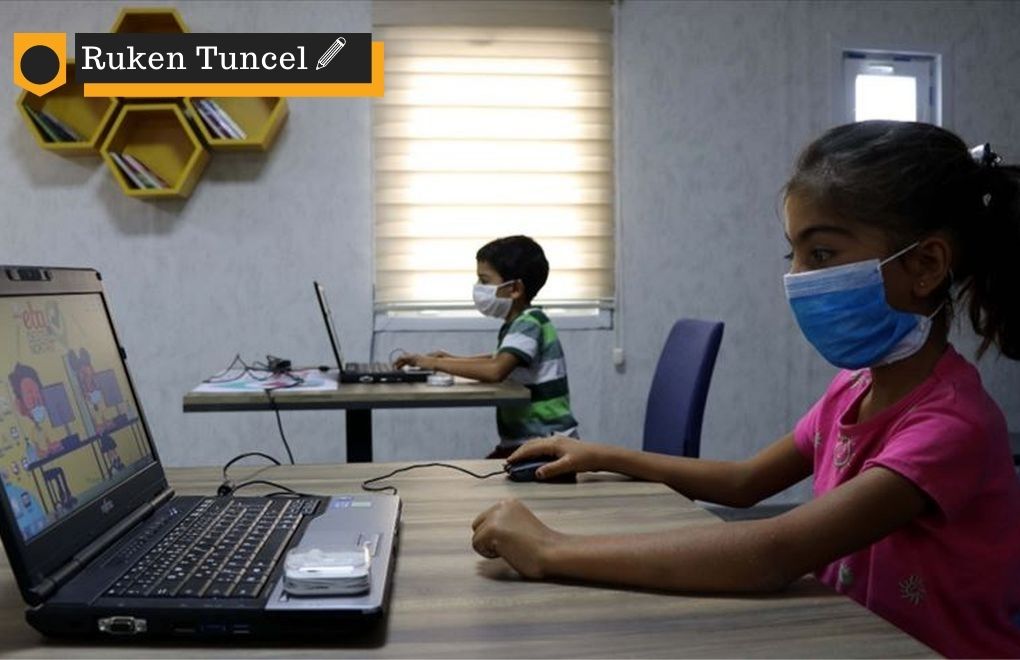

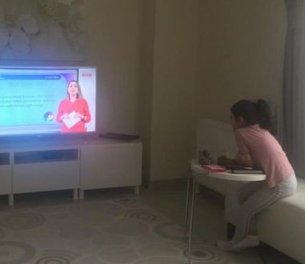
as.jpg)
